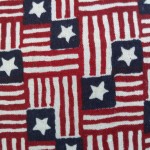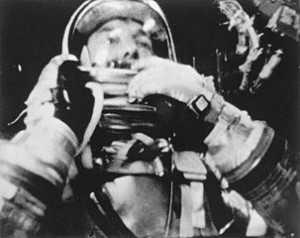
Aaron Burr
Aaron Burr (born Newark, New Jersey, 1756; died Staten Island, New York, September 14, 1836) was a senator and the third vice president of the United States. He ran against Thomas Jefferson for the presidency in 1800. Each received the same number of electoral votes. According to the Constitution at that time, the House of Representatives decided who was to be president, and Jefferson won. Burr was not renominated in 1804, and he did not win the governorship of New York. Burr blamed Alexander Hamilton for these losses and challenged Hamilton to a duel. Burr killed Hamilton, but Burr’s career was ruined.
Betsy Duffey (born Atlanta, Georgia) writes books for children. Her books include Dog Diaries and How to Be Cool in Third Grade.
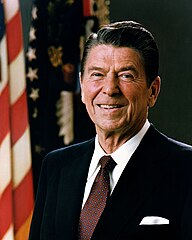
Ronald Reagan
Ronald Reagan (born Tampico, Illinois, 1911; died Bel Air, California, June 5, 2004) was the fortieth president (1981-1989) of the United States. One of his first jobs was being a radio sports announcer. He became an actor and appeared in over fifty movies. He was elected governor of California, although he had no political experience. He became president in 1980 and created the term “Reaganomics.” Children could visit a website at: Ronald Reagan. Idea: He was the country’s oldest president when he left office. Children could debate whether there should be an age limit to the office.
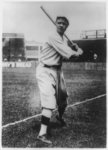
Babe Ruth
George Herman “Babe” Ruth (born Baltimore, Maryland, 1895; died New York, New York, August 16, 1948) was one of baseball’s greatest players. Nicknamed the “Great Bambino,” he was an outstanding pitcher with a record of 94 games won and 46 games lost. He was a greater batter, hitting 714 homeruns during his career. He also played in the outfield. He played for the Boston Red Sox, the New York Yankees, and the Boston Braves. Children could learn more at: Babe Ruth. Idea: Children could decide whether or not Babe Ruth was the greatest baseball player of all time.

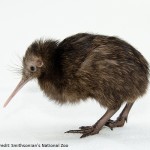
 New Zealand remembers Waitangi Day. In 1840 the Maori and the Europeans signed the Treaty of Waitangi, permitting Great Britain to develop New Zealand. About the size of the state of Colorado, New Zealand is comprised of mostly mountains with some coastal plains. Slightly over four million people live on the islands. Wellington is the capital. The country exports dairy products, meat, wool, and wood products. The kiwi is native to New Zealand. Children can learn more at:
New Zealand remembers Waitangi Day. In 1840 the Maori and the Europeans signed the Treaty of Waitangi, permitting Great Britain to develop New Zealand. About the size of the state of Colorado, New Zealand is comprised of mostly mountains with some coastal plains. Slightly over four million people live on the islands. Wellington is the capital. The country exports dairy products, meat, wool, and wood products. The kiwi is native to New Zealand. Children can learn more at: 